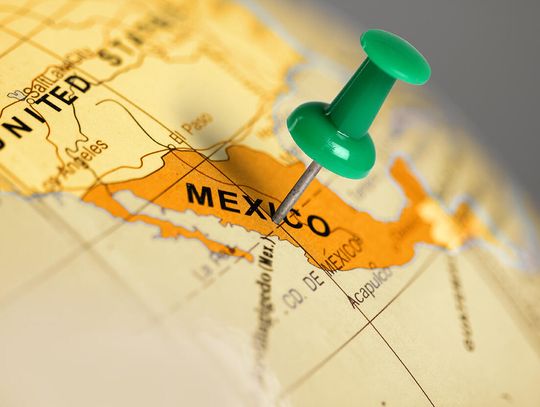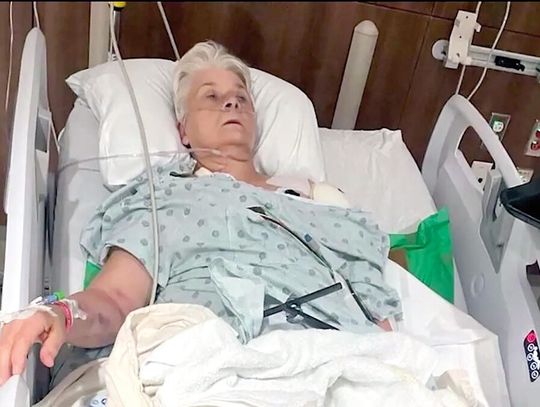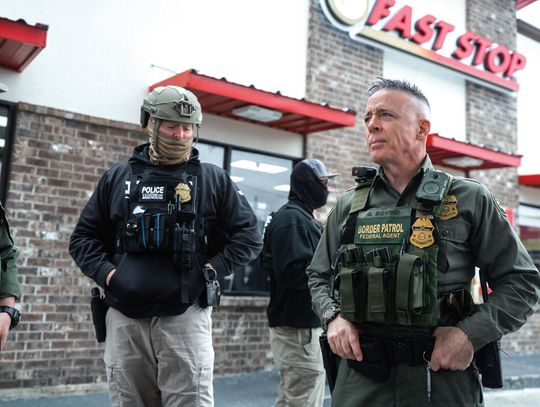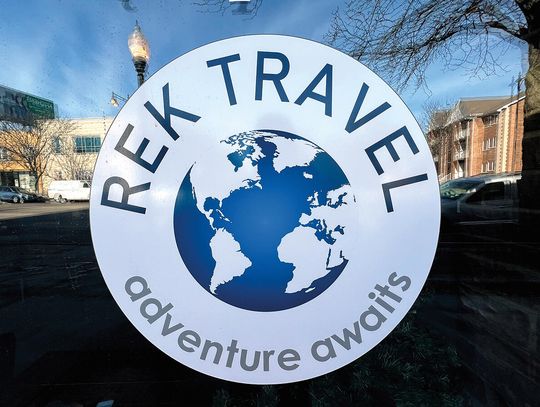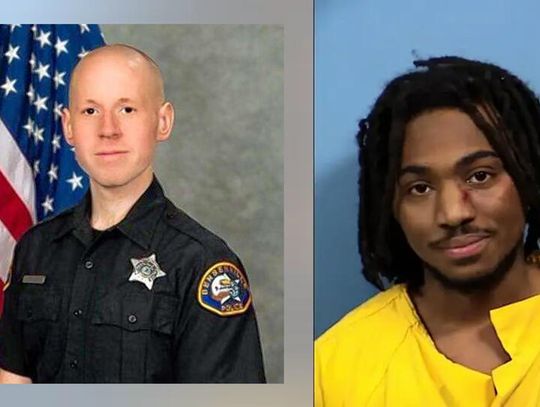What I Think of Poles Using the Word Holocaust
I spend too much time on Facebook, especially on sites devoted to Poland, World War II, and the Holocaust. I like to connect with Poles and with people interested in the war and the Holocaust. I’ve been doing it for years. And for years, one of the things that always has generated discussion and argument is the question about who should and should not be considered a victim of the Holocaust.
When I see this argument starting, I generally think about my mom and her experiences in the war and what she made of them.
My mother – a Polish Roman Catholic -- wasn't an educated woman. She had no college, no high school even. She could read of course, but she would never think about reading the books that argue about who was and who was not in the Holocaust.
When I was growing up, she never said she was in the Holocaust. She wasn’t a talker, but she talked little about what happened to her family. Her mother and sister and the sister's baby were killed by German Soldiers and her Ukrainian neighbors. She had two aunts who died in Auschwitz with their Jewish husbands. My mother spent a couple years in a slave labor camp in Germany. There were Jews and non-Jews in her camp; people suffered and died there. She didn’t talk about any of this much, and when she did she didn’t use the word “Holocaust.” This changed as she got older. Toward the end of the 1990s, she started talking about how she was in the Holocaust. I think part of this might have come from the fact that people in general, not historians or academics but “just plain folks,” were using the term more often. They had seen Schindler’s List, Life is Beautiful, or other films about the Holocaust. I heard her using this word and saying that she was in the Holocaust. She said this to Christians and Jews alike. Maybe it was a sort of short hand for her. She was getting older and it was harder for her, I think, to try to explain to people that Polish Catholics also were in death camps and slave labor camps like their Jewish neighbors. Was my mother right to use this word “Holocaust”? Did she have a right to use this word? I think she had a right. When my father tried to talk about what happened to my mother during the war, he couldn’t say much. Sometimes, he would start crying, and all he could say then was, “She suffered so much.” I have an education, and I’ve read about the debate concerning the word “Holocaust.” I think I can lay out some of the arguments from each side in a rudimentary sort of way given the complexity of everything that happened in World War II. One side feels that the Holocaust is what happened to the Jews alone. This side feels that the Nazis and their anti-Semitic allies in all countries worked to eliminate the Jews, and that what happened to the Jews was unique. The other side of the argument has it that Non-Jews by the millions from all of Europe suffered and died alongside the Jews, and that the term Holocaust should apply to all of those who suffered and died in the camps. So, you ask, what do I think about using the word “Holocaust.” First, I’d have to say that I would never have told my mother that she wasn’t in the Holocaust. I think she had a right to describe her experiences in any way that she saw fit. She was there, she suffered. If she felt she was in the Holocaust, I wouldn’t argue with her. Second, let me say, that I believe that what happened to Jews was different from what happened to non-Jews. Jews were singled out for immediate destruction. They suffered, they starved, they waited, they died, they waited, they died. Non-Jews who were considered non-Aryan (the Poles, the Italians, the Russians, the Rumanians, the Czechs, and others) were not singled out for immediate destruction. They suffered, they lingered, they starved, they waited, they died, they waited. My father used to talk about the difference between the death camps that the Jews were in and the slave labor camps he was in this way: The Jews, he would say, were in the death camps; he was in the slow-death camps. To me, it doesn’t seem necessary to spend time discussing the word “Holocaust” and whether it’s applicable to what happened to my parents and other non-Jews. I think about the Jewish dead and I think about the non-Jewish dead. They are dead. What I know of hell comes to me primarily from my reading of Dante’s Inferno. In his hell, no one is untouched by pain. Everyone suffers. Some suffer more. Some suffer most. What I know of pain and suffering teaches me that I cannot judge the suffering and pain another feels. I can try to ease that pain and suffering. That is pretty much all I can do. Let me also say this, I think that all of us who talk about what happened in those dark years of Hitler’s ascendancy and power and the Holocaust and suffering he helped to bring about finally cannot fully understand what happened or what it felt like or what it was like. In this respect, all of us, despite our very best efforts, cannot know what the Holocaust was. We are finally tourists in the kingdom of the Holocaust. We look, we wonder, we cry, we look, we turn away, we look again. John Guzlowski amerykański pisarz i poeta polskiego pochodzenia. Publikował w wielu pismach literackich, zarówno w USA, jak i za granicą, m.in. w „Writer’s Almanac”, „Akcent”, „Ontario Review” i „North American Review”. Jego wiersze i eseje opisujące przeżycia jego rodziców – robotników przymusowych w nazistowskich Niemczech oraz uchodźców wojennych, którzy emigrowali do Chicago – ukazały się we wspomnieniowym tomie pt. „Echoes of Tattered Tongues”. W 2017 roku książka ta zdobyła nagrodę poetycką im. Benjamina Franklina oraz nagrodę literacką Erica Hoffera, za najbardziej prowokującą do myślenia książkę roku. Jest również autorem dwóch powieści kryminalnych o detektywie Hanku Purcellu oraz powieści wojennej pt. „Road of Bones”. John Guzlowski jest emerytowanym profesorem Eastern Illinois University. — John Guzlowski's writing has been featured in Garrison Keillor’s Writer’s Almanac, Akcent, Ontario Review, North American Review, and other journals here and abroad. His poems and personal essays about his Polish parents’ experiences as slave laborers in Nazi Germany and refugees in Chicago appear in his memoir Echoes of Tattered Tongues. Echoes received the 2017 Benjamin Franklin Poetry Award and the Eric Hoffer Foundation's Montaigne Award for most thought-provoking book of the year. He is also the author of two Hank Purcell mysteries and the war novel Road of Bones. Guzlowski is a Professor Emeritus at Eastern Illinois University. fot.ANDRZEJ GRYGIEL/EPA/REX/Shutterstock



